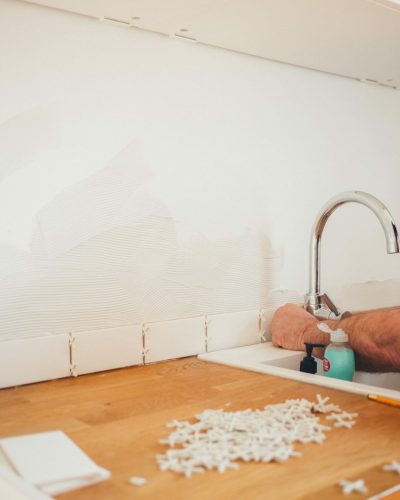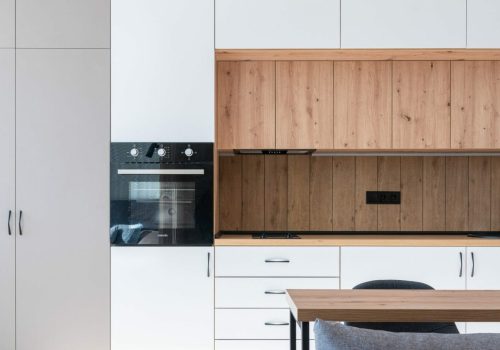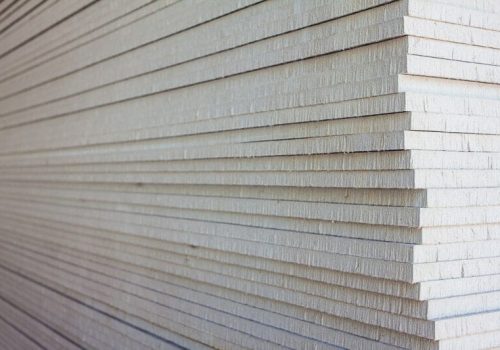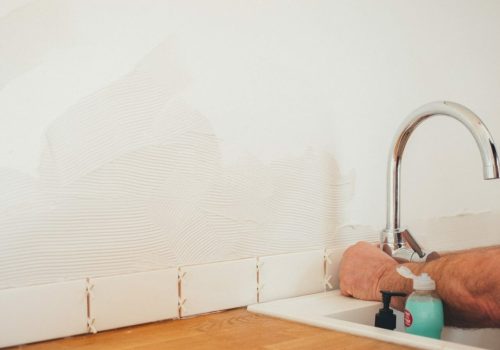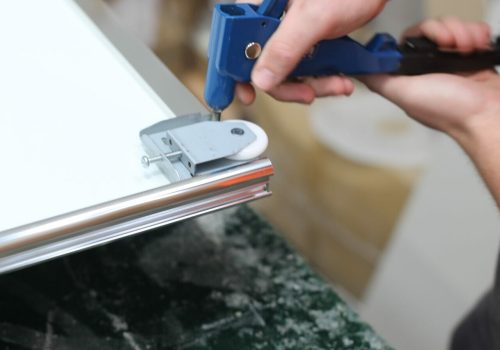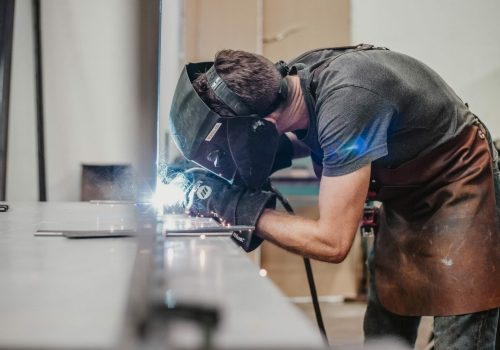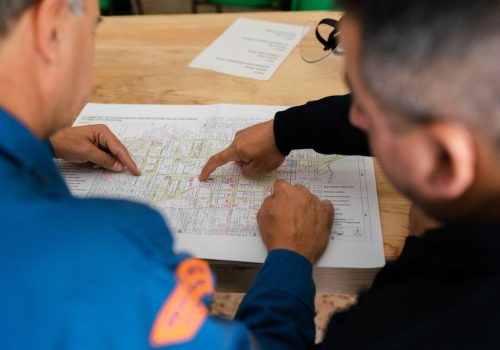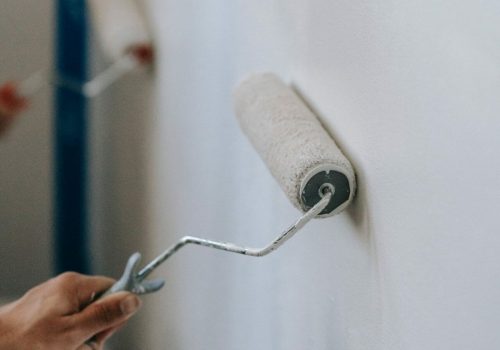Tiling Trade Qualification
Have you found in your informal tiling experiences that you’ve got the hallmarks of a good tiler – precision in laying tiles, a keen eye for alignment, and a meticulous approach to grouting and finishing?
Perhaps these skills are part of your untapped potential. With Gimbal Training, you can channel these abilities into a formal qualification. Explore how your accumulated skills can be your stepping stone to professional recognition through our tiling RPL (Recognition of Prior Learning) courses.
Start your tiling trade qualification journey with us today and turn your informal expertise into a certified success in the tiling trade.
Our RPL Courses in Tiling
CPC31320 Certificate III in Wall and Floor Tiling
Aimed at those interested in tiling for walls and floors, this tiling trade qualification teaches how to prepare surfaces, lay tiles, grout, and finish tile surfaces. It covers a variety of materials, including ceramic, clay, slate, marble, and glass. This course is perfect for individuals pursuing a career in wall and floor tiling in both residential and commercial settings.
If you want to pursue a career in tiling and get your domestic builder license with the VBA, the CPC31320 Certificate III in Wall and Floor Tiling is a great first step in that direction.
To learn more about how you can get ahead, get in touch with us today by filling out our form.
What Is RPL?
Recognition of Prior Learning (RPL) offers several benefits and differs in key ways from traditional institutional or university education:
Time and Cost Efficiency
RPL can significantly reduce the time and cost of obtaining a qualification because it eliminates the need to undergo training for skills you already possess.
Career Advancement
By converting your existing skills and experience into formal qualifications, RPL can open up new career opportunities and potentially lead to higher earning potential.
Validation of Skills
RPL provides formal recognition of your skills and knowledge, validating your practical experience in a formal and respected manner.
Bridging Gaps in Qualifications
RPL can identify areas where you might need further learning, offering a more targeted and efficient path to completing your qualifications.
RPL Enquiry Form
Differences from Traditional Education
There are a few things that separate RPL from traditional learning in educational organisations. Here are the main differences between the two:
Focus on Experience
Unlike traditional education, which typically involves studying a set curriculum, RPL assesses your existing skills and knowledge, regardless of how they were acquired.
Customisation
RPL is highly personalised, focusing on the individual’s unique learning journey and experiences, whereas institutional education follows a more standardised approach.
Speed of Qualification
RPL can fast-track the process of obtaining a qualification, as it bypasses the need for redundant training in areas where you already have expertise.
Browse Our Courses
Tiling Trade Qualification FAQs
How Long Does It Take to Get My RPL in Tiling?
Getting your RPL in tiling can take anywhere from a couple of weeks to about 6 months, depending on your experience and evidence. The quicker you provide the essential details, the faster you can expect to receive it.
Do I Need to Get a Trade Licence As Well?
Yes, in addition to obtaining a qualification, you often need to obtain a trade licence to legally work in many skilled trades, including tiling. This licence is typically required by regulatory authorities and ensures that you comply with industry standards and local regulations. The process and requirements for obtaining a trade licence can vary depending on your state and the specific trade.
Is My Tiling Trade Qualification Recognised in Other States?
Yes, all our courses at Gimbal Training are accredited by the Australian Qualifications Framework (AQF) and are recognised nationally.
How RPL Is Assessed
With our simple six-step process, you’ll have your formal qualification in a short period of time.

Step 1: Enquiry
Speak to one of our friendly team members and provide to get started on your consultation.

Step 2: Pre-enrolment
In this step, we ensure you are eligible for an RPL by asking you the necessary questions and giving you login details for our online platform. Collect and organise your experience for your assessor with a combination of workplace documents, interviews, videos and reports from previous employers.
The assessor will then make contact to discuss your application, explain the process and let you know what further evidence is required including workplace documents, references and videos

Step 3: Enrolment
In this step you complete an online knowledge test, provide any additional video evidence and complete an interview with the Assessor on the technical aspects of your qualification

Step 4: Gap Training
After an assessment, your assessor may decide you need further training to address the gaps in your knowledge or practical skills and will advise you how to proceed.

Step 5: Assessment Outcome
The assessor creates a report with a recommendation based on the evidence you have provided, outcome of written test and interviews. This is submitted to the Compliance department for approval.

Step 6: Final Approval
You are issued your nationally recognised qualification and provided with the necessary documents.
RPL Enquiry Form

